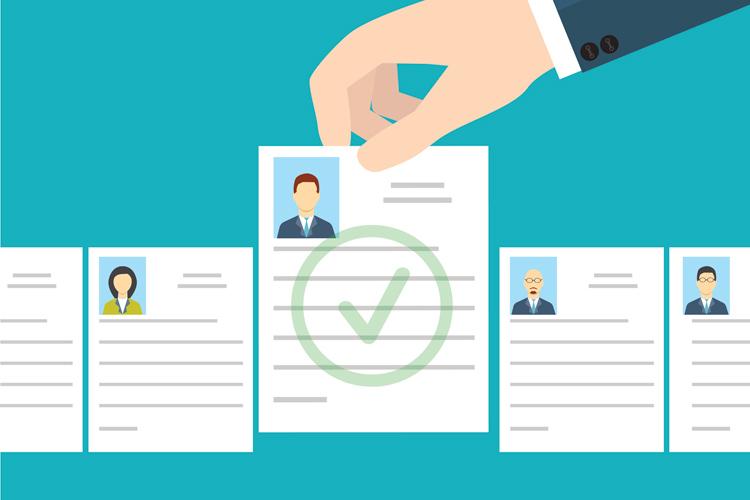Self‐employed
Going self-employed
When to register as self-employed
In the UK, sole traders and partnerships must register their business with HMRC (Her Majesty's Revenue and Customs) so that they can pay income tax. You must register once your business has started, which is if:
- you have sold goods
- you have sold services
- you have advertised your business
You must register by 6 months after the end of your first tax year i.e. by 5th October in the next tax year. The UK tax year starts on 6th April and ends on 5th April.
Researching a job application
Don’t forget to browse the organisation’s website yourself.
Any information you receive should be read through carefully to identify the skills, competencies, knowledge and experience required for the role. Has the employer indicated which of these are essential (E) and which are desirable (D)?
You can then start to think about the evidence and examples that you can provide against these skills to use in your application to demonstrate that you are a good fit for the role. Break the skills down and think about how they would be applied in the context of the role.
Preparing your CV and covering letter
Prospect’s podcast, ‘How to Write an Effective CV’, will help you understand the structure and flow of a CV.
Your aim is to make it as easy as possible for the reader to find evidence that you have the skills and experience they are looking for.
Tips include:
Negotiating salary
1. Do your research
Try to find out about the pay scale of the company, and find out the industry standard salary for the job. If the company usually hires from within, you may have to accept an entry-level salary with a view to working your way up through promotion.
Looking for work
Economic inactivity
People who are not employed or self-employed are said to be economically inactive i.e. they have no employment status.
Economically inactive people may include:
Interview preparation & selection methods
Prospect’s podcast, ‘Preparing for Interview, part 1 of 5’, concentrates on the initial preparation and is also available on this site.
Interviews
Being invited for an interview means that your application has been well received and the employer is now considering hiring you. Converting this possibility into a reality requires careful and through preparation, which can be broken down into a number of steps.












